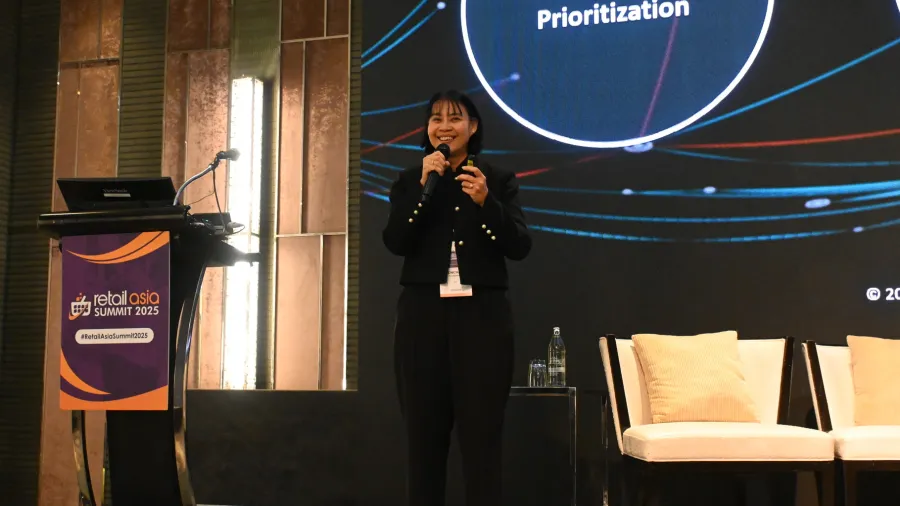
Retailers told to map clear IT roadmap
The plan should get senior management approval early in the process.
Retailers should establish a clear information technology (IT) roadmap to ensure tech investments align with long-term business goals, according to a brand expert.
Businesses should first define their growth objectives for the next five to 10 years and ensure their IT strategies align with those goals, Monchaya Koolawong, a business consulting partner at accounting firm Ernst & Young, told the Retail Asia Summit 2025 in Bangkok in February.
A major roadblock to transformation is outdated systems, which many retailers continue to rely on. “Some clients still use dot matrix printers and legacy accounting software that do not integrate with modern technologies,” she pointed out.
However, replacing these systems all at once is often impractical. Instead, companies should phase these out, gradually upgrading their technology whilst maintaining operational stability, Koolawong said.
Budgeting delays also slow the digital shift. Many companies seek project-based approvals, which can extend implementation timelines by months or even years. To prevent these delays, they should get up-front funding, aligning it with the IT roadmap, and obtaining senior management approval early in the process, she added.
She also said retailers should prioritise omnichannel integration, mapping customer journeys across social media, e-commerce sites, and marketplaces to optimise marketing, logistics, and fulfillment strategies.
Koolawong said retailers should also use customer insights from data more effectively. “The challenge is consolidating data in one place, ensuring effective management and utilisation.”
Cybersecurity is another concern.
"When businesses undergo transformation, they open more digital windows and doors, connecting with the world,” Koolawong said. “However, this also increases vulnerability to cyberattacks from anywhere, at any time.”
She said companies should implement a zero-trust security model, enforce data governance, and conduct regular risk assessments.
Koolawong said automation should be implemented strategically, noting that whilst artificial intelligence (AI) could enhance decision-making and operational efficiency, full automation is not always feasible due to regulatory and compliance requirements. She added that CEOs often request 100% automation even if certain processes require human oversight.
She said a well-structured IT roadmap allows better tracking, decision-making, and streamlined logistics. “Organisations that fail to adopt AI-driven supply chain solutions risk falling behind competitors.”
About 92% of companies plan to increase AI spending in the next three years, with more than half expecting at least a 10% rise, according to a January report from management consulting firm Mckinsey & Co.
Koolawong said retailers should factor cost management into their IT plans and measure transformation success beyond revenue, considering productivity gains, process efficiency, and operational agility. High-impact, low-cost initiatives should be prioritised.
Retailers should also address the growing demand for sustainability, Koolawong said. For instance, introducing refill stations could reduce plastic waste, whilst switching to digital receipts could cut down paper use.
About 74% of consumers consider environmental impacts when buying something, and 79% want an easier way to identify eco-friendly companies, according to a January report from Vancouver-based social enterprise Plastic Bank.
It also found that 88% of consumers prefer companies with ethical sourcing, and 64% of Gen Z would cut ties with unethical suppliers.
“If a product is sourced from unethical suppliers, customers may boycott the brand,” Koolawong said. “Therefore, transparent and ethical supply chain practices are essential for long-term success.”
“Retail transformation is not a one-time project; it is an ongoing journey requiring continuous adaptation and innovation,” she added.

















 Advertise
Advertise







